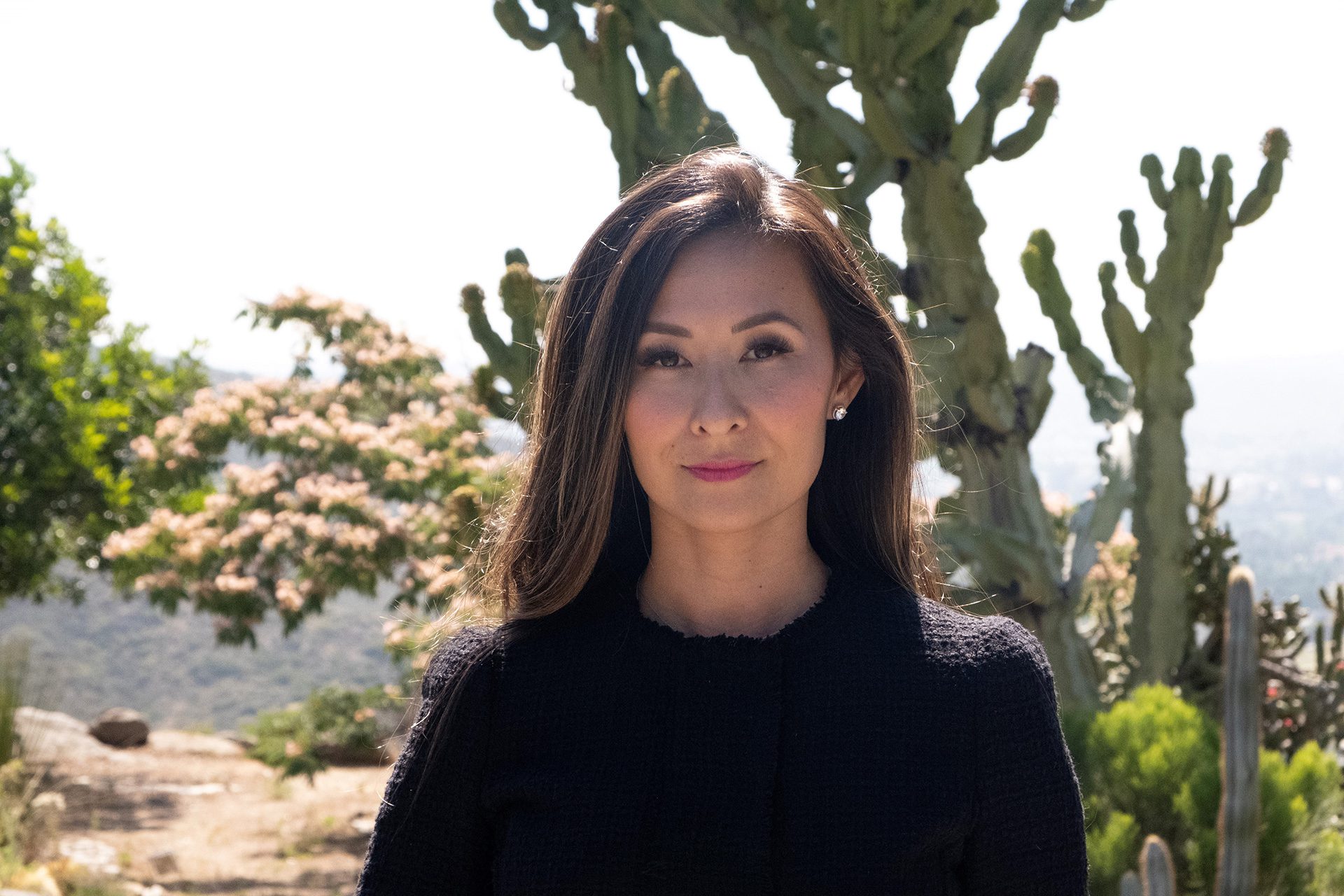[vc_row][vc_column][vc_column_text]Myung Sung: Meditation, Medicine & Movement
Imagine if all your struggles in life–in work, marriage, parenting, health, and more– could become less difficult. What if you could achieve a new level of awareness that allowed you to see yourself, others, and your path in life more clearly? What if you could change your habits so that every day you’re investing in your own longevity, happiness, and optimal health? While it may sound too good to be true, and it certainly won’t happen overnight, this is what Myung Sung teaches us.
Myung Sung means living meditation. It’s a lifestyle practice that originated with East Asian philosophers and is rooted in the teachings of the Tao. It has been passed down for centuries, helping people learn how to place themselves beyond the persisting negative influences in life, such as stress and conflict, to connect with the limitless reserves of natural energy that exist around us.
As the daughter of a Korean monk, Myung Sung is a way of life for me. It has helped me grow my own business, raise a family, and achieve my lifelong goal of writing a book. In my opinion, the best way to learn about Myung Sung is with the 3 Ms– meditation, medicine, and movement.
Meditation
When most people think of meditation, they picture someone sitting still in complete silence. With Myung Sung, this is not the case. Instead of taking time away from our busy lives, we incorporate the techniques of meditation and mindfulness into every action we take. We learn to clear our minds of wandering thoughts and tap into a deeper peace.
When we live in this meditative mindset, we are more in tune with ourselves and the world around us. We’re able to see situations from the perspective of others and think through our decisions more carefully. We’re able to deepen our relationships and gain a new depth of self-knowledge and understanding. As your way of thinking changes, you’ll begin to notice an impact on your life.
It’s important to remember, though, that our minds are connected to our bodies, spirit, and the universe, so you must take care of your whole self in order to live in meditation.
Medicine
When ancient Eastern practitioners spoke about medicine, they did not only mean what you consume when you’re sick or injured but how you care for your body every day to ensure it is functioning at its most optimal.
As we begin to live more mindfully, we become more aware of our own condition and can make better choices to improve our health. To become the best versions of ourselves, we need to listen to our bodies and provide them with the support and nourishment they need. Natural foods, especially herbs, mushrooms, and vegetables, are packed with nutrients, adaptogens, and antioxidants, that help fuel our bodies and minds with what we need to thrive.
Movement
In Myung Sung, the freedom to move while you meditate is not just an accommodation for our busy lives, but a key element of the practice. When we are mindful of our movements, even during simple, everyday tasks such as washing the dishes, we’re able to become more aware of how our actions affect our minds. Creating a stronger mind-body connection also helps us learn to feel the natural energy that exists within us, our chi, and the flow of the universe around us.
When we are stressed, we can feel our chi become stagnant. We often notice this when our thinking becomes sluggish and foggy, our muscles feel tight and tense, or we just feel drained and unmotivated.
Just like with meditation, the key is to not just view movement as an activity you partake in when you have the time, but as a key part of your lifestyle. While going to the gym works for some people, you can also incorporate short bursts of movement throughout your day, or meet with friends to go on a walk after work to prevent your chi from becoming imbalanced.
These three elements– meditation, medicine, and movement– are the pillars of Myung Sung because they connect us back to the universe and our true selves. With Myung Sung, we carry the peace and clarity of meditation with us in every moment to become the best versions of ourselves.
If you would like to learn more, including the key 8 keys to begin practicing the techniques for yourself, please consider pre-ordering my book Myung Sung: The Korean Art of Living Meditation.[/vc_column_text][/vc_column][/vc_row][vc_row][vc_column][vc_media_grid style=”lazy” element_width=”6″ item=”masonryMedia_Default” grid_id=”vc_gid:1632250090058-a89a0929-7629-9″ include=”1869,1870″][/vc_column][/vc_row]
